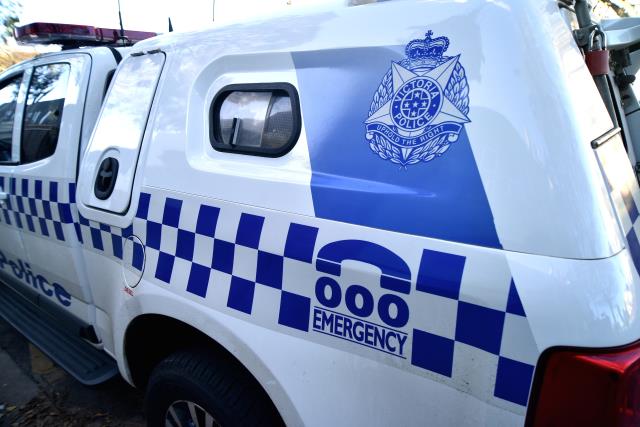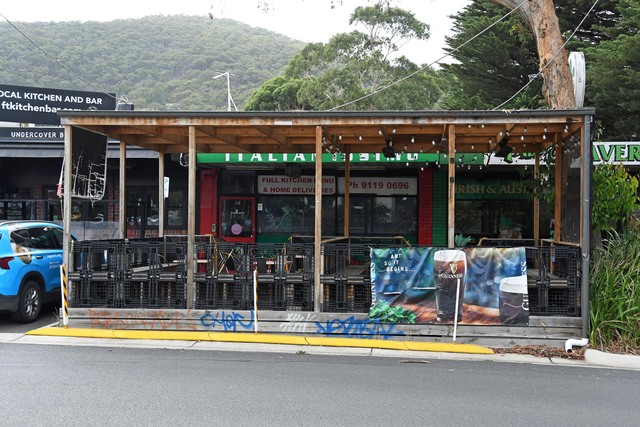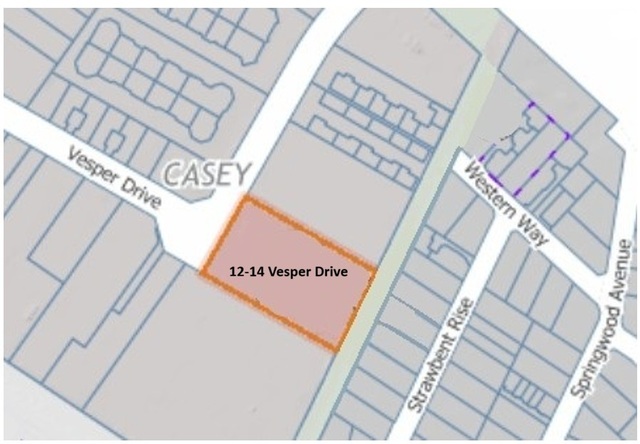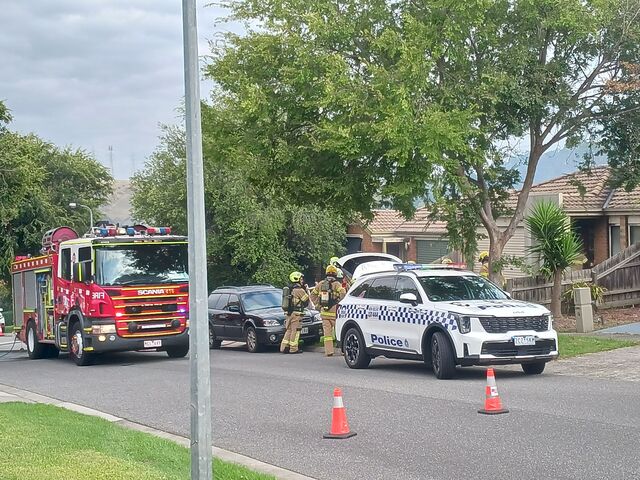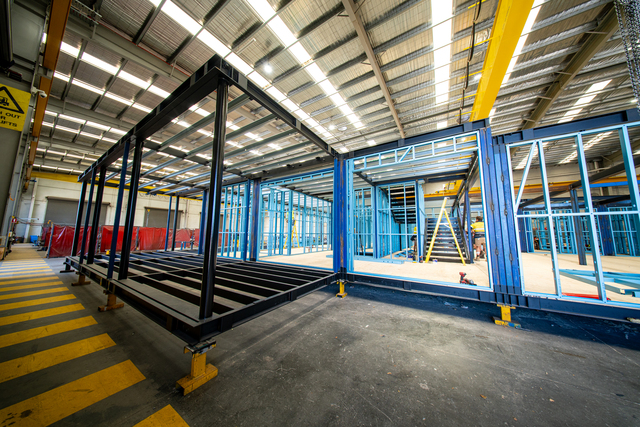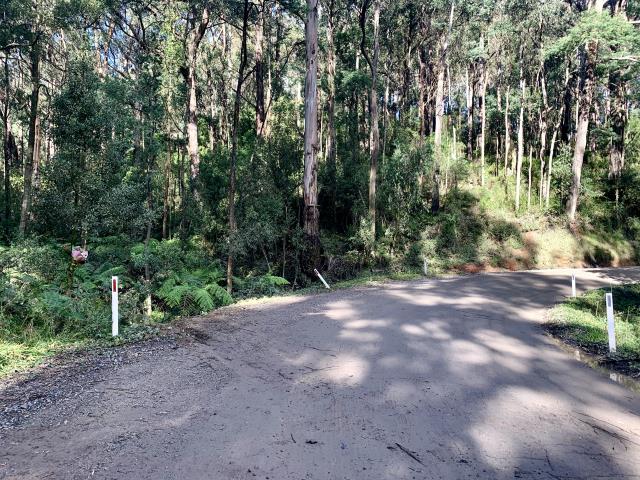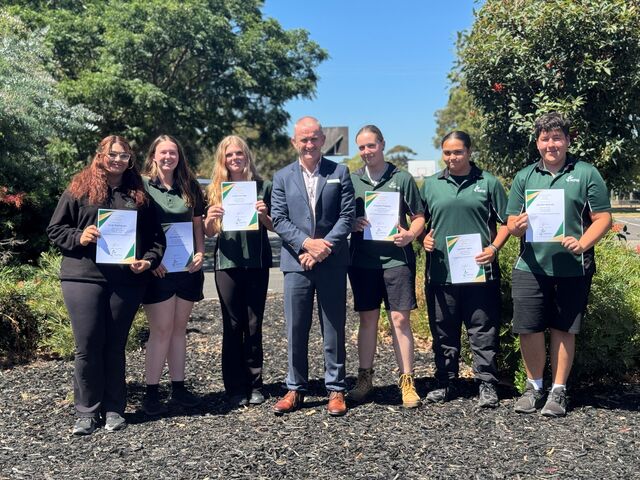A recent incident in Pakenham, where a woman was found unconscious and appeared to be intoxicated while requiring medical attention, has raised concerns over the role of police following the decriminlisation of public intoxication.
On Tuesday 13 May, a bystander discovered a woman who appeared to be rough sleeping, was unresponsive and intoxicated.
They contacted emergency services with an ambulance transporting the woman to Casey Hospital.
However, a separate bystander observed police attend the scene approximately 30-40 minutes earlier.
The earlier bystander noted they saw a police van attend, with the woman appearing conscious, before leaving the scene.
However, both bystanders, who wished to remain anonymous, have raised concerns as to why medical attention wasn’t called earlier given the woman’s condition only a short time later and what the role of police is when attending instances of public intoxication.
This comes after the state government’s changes to public intoxication laws in 2023, meaning it is no longer against the law to be intoxicated (affected by alcohol) in public.
Victoria Police confirmed they spoke to a woman lying on a park bench in Pakenham at around 8.30am on Tuesday 13 May.
According to police, the woman was offered relevant referrals to support services but declined.
There were no offences and no immediate risks to her, or anyone else’s safety identified so police left the area.
It was highlighted that if first on the scene, police will remain with drunk people requiring urgent ambulance assistance until paramedics arrive.
If the person doesn’t require urgent ambulance assistance but are a potential risk to themselves, police have the option to place them into the car of family or friends, assist them to obtain public transport or refer them to a public intoxication support service.
However, if they refuse assistance, they will be left in situ as there is no longer a role for police in these circumstances.
When a drunk person is presenting a safety risk to others, police will attempt to de-escalate the situation and if unsuccessful, may be able to use breach of the peace powers to remove them from the area and if the person commits a criminal offence, they will be dealt with accordingly by police.
A Police Association Victoria spokesperson stated that while the organisation have long supported the decriminalisation of public drunkenness, “for years now we have also said that if you strip police completely of their ability to intervene when a drunk person is in a state that could make them a danger to their own safety, or that of the people around them, then it will lead to someone getting hurt.”
“From the day this legislative change was announced, we have been loud and consistent in our warnings about the gaping shortfalls that now place Victorians in a more vulnerable and less safe environment,” the spokesperson said.

